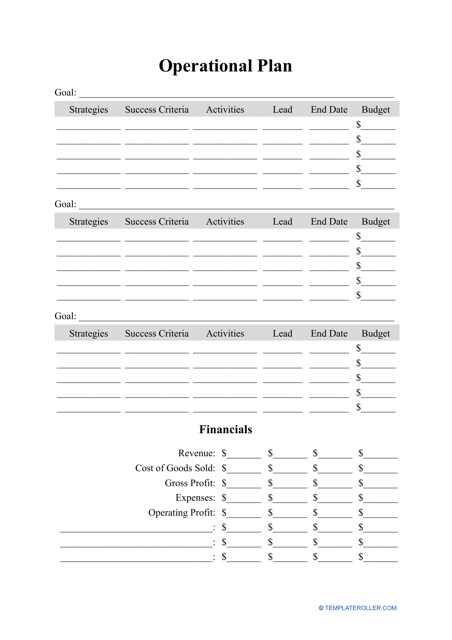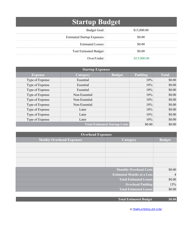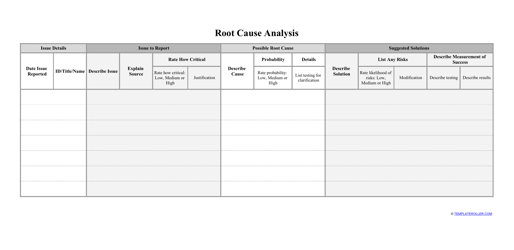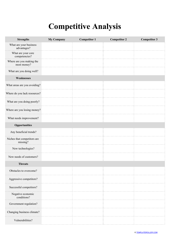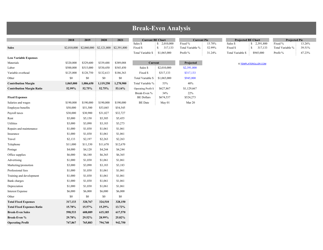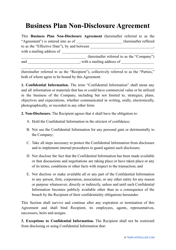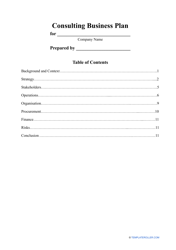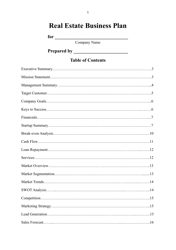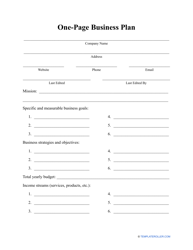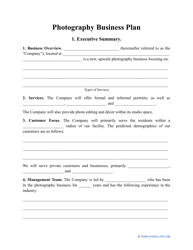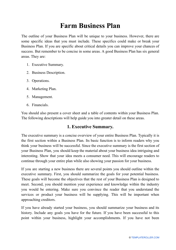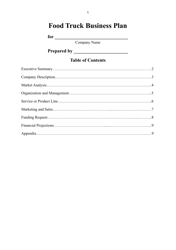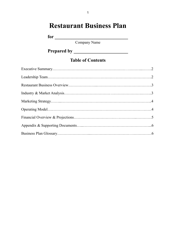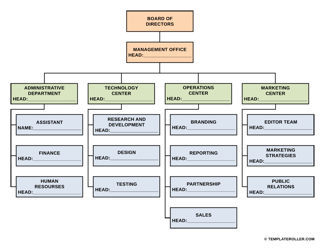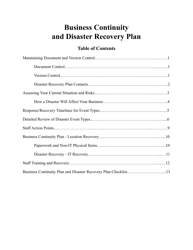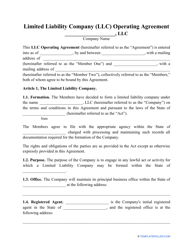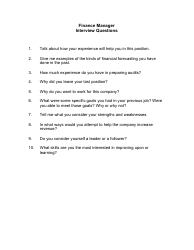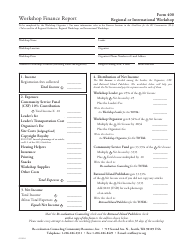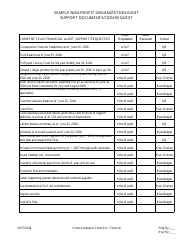Operational Plan Template
What Is an Operational Plan?
An Operational Plan is a highly detailed plan defining the everyday functions of a business. It reflects who is responsible for certain tasks, as well as, how and when those tasks should be done in order to achieve the goals set out by a company. This ensures that all staff members within a company are clearly aware of their responsibilities and what is expected of them. It also helps to distribute financial resources appropriately as it outlines the costs involved in meeting the goals set out in the Operational Plan.
Alternate Names:
- Business Operational Plan;
- Operational Business Plan.
It differs from a Strategic Plan where plans are often heavily focused on the long-term goals of a company. Operating Plans focus more on the process, but both of these plans work hand in hand to support each other. Without a Strategic Plan, it is impossible to create an Operational Plan - therefore it would make sense to have a Strategic Operational Plan in place.
A business needs to know not only their end goal, but arguably more importantly, how to get there through the resources that they have. Operational Plans are planned across all departments in a company, irrespective of their various functions because they all share a common goal.
An Operational Plan template can be downloaded below.
How to Write an Operational Plan?
An operational plan outline must contain the following:
- Ensure you have a Strategic Plan in place . In order to know how to get to the end goal, all staff members must know what that end goal is. This will make it easier to visualize and relate to.
- Goal setting . This is arguable the most difficult part of writing the plan. It will not make sense to cram in as many goals as possible, especially if those goals are unclear. This plan will be difficult to follow and as a result, it will have a negative impact on performance. Only the most crucial goals should be included. This may not be so simple to do and may require some research into budgets (comparisons between the current and previous year), individual staff members and availability of resources.
- Ensuring a business is using the appropriate key performance indicators . Think about how the optimal performance indicators can be measured. It may be wise to discuss these details with your team, rather than coming up with ideas independently.
- Budgeting . After the goals are identified, a budget can be drawn taking into consideration the goals and method of achievement.
- Progress reporting . Once both the plan and budget have been determined, it is important to review the progress of the plan to not only ensure it is working, but to monitor how well it is working. This method of reporting needs to be determined beforehand and requires constant communication.
- Be flexible . Generally, these plans are written out for no less than one year. When the timescale of the plan has reached its potential, or if the plan isn't going as well as you would have hoped, it is important to adapt and make the necessary changes to obtain the best results.
What Role Does a Budget Play in an Operational Plan?
The Budget is the most important element in an Operational Plan. It allows you to see what is possible in relation to staff members and their salaries, the tasks set out before them, the available resources you have in order to complete those tasks.
There will not be such a promising result if a company has an extremely enthusiastic Operational Plan but the budget cannot provide the sufficient resources required for achieving these aims. After all, it is important that a business meets its financial targets.
Haven't found the template you're looking for? Take a look at the related templates below:
